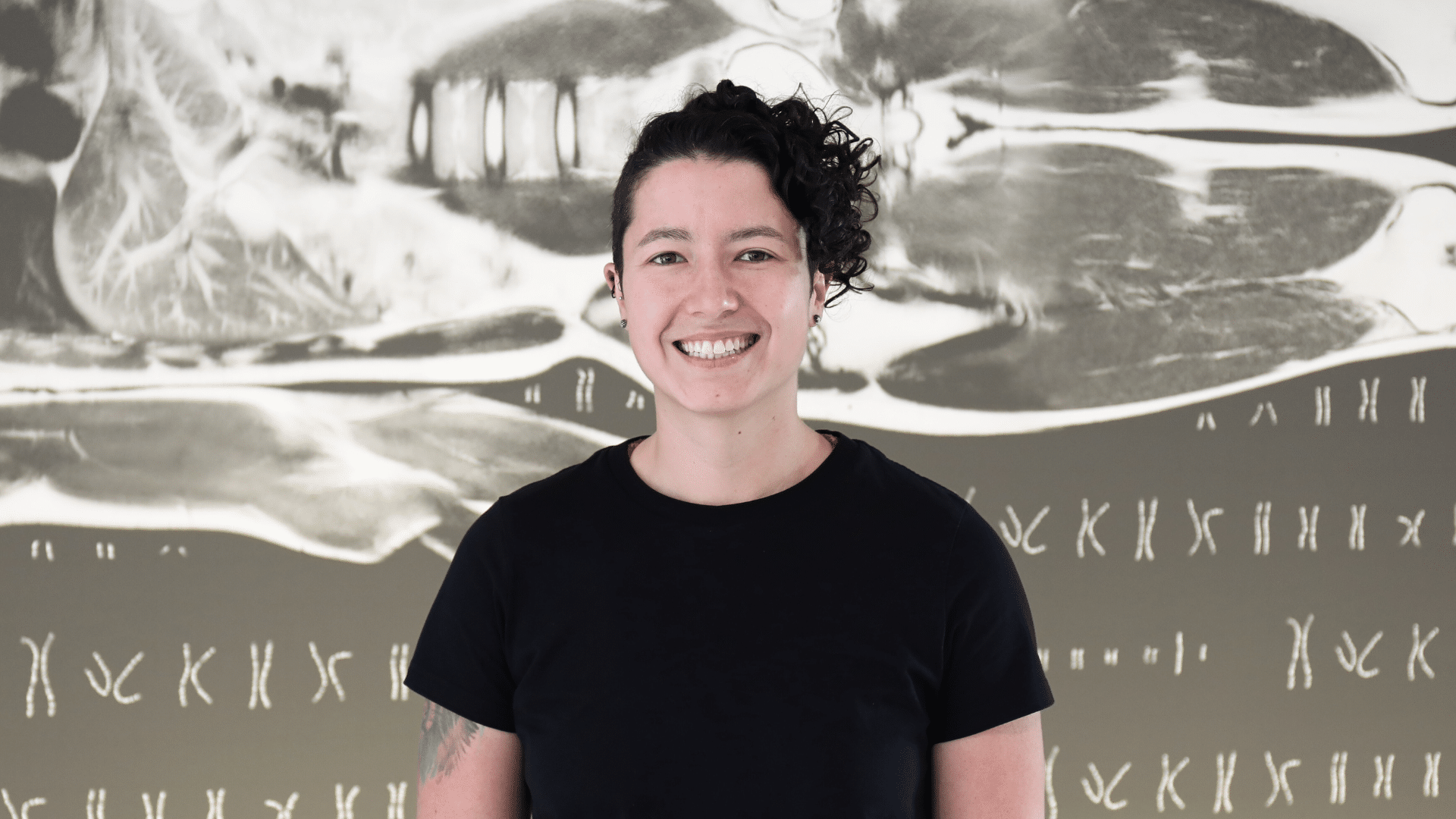
Blood test could hold key to identifying who will respond to immunotherapy after researchers discover biomarkers in liver cancer tissue.
Liver cancer researchers at the Harry Perkins Institute of Medical Research have discovered a link between a specific immune cell found in some patients with advanced liver cancer and how well a patient will respond to immunotherapy which is a treatment that boosts the patients own immune response to the cancer.
The discovery has attracted one of only 14 Cure Cancer grants awarded in Australia in 2024.
Postdoctoral Fellow Dr Jennifer Currenti, (pictured above) who is leading the ground-breaking liver cancer research says, “We aim to apply these findings to real-world, clinical settings by developing a simple blood test based on the biomarkers that we have discovered that can be done post-surgery to enable doctors to give reliable, personalised treatment plans for Hepatocellular carcinoma patients.”
Hepatocellular Carcinoma (HCC) is the most common form of liver cancer. It has a five-year survival of around 20%, even with early detection.
“Currently, clinical trials are assessing the use of immunotherapy following curative surgery to reduce the risk of cancer recurrence and increase the survival of liver cancer patients.
“While initial findings are promising, only one in three patients will benefit from immunotherapy and on top of its costliness, there is a high risk of adverse effects.
“Consequently, immunotherapy should only be given to patients who are likely to respond to the treatment, and there is a need to understand the biological mechanisms behind this.
“A blood test to identify who will respond will finally enable doctors to identify suitable candidates for immunotherapy and offer alternative treatments if they are not.” Dr Currenti said.
Liver cancer is the fourth most common cause of cancer-related death in the world, claiming over 800,000 lives annually. Global rates of liver cancer are predicted to surge in the next 20 years by 55%.
